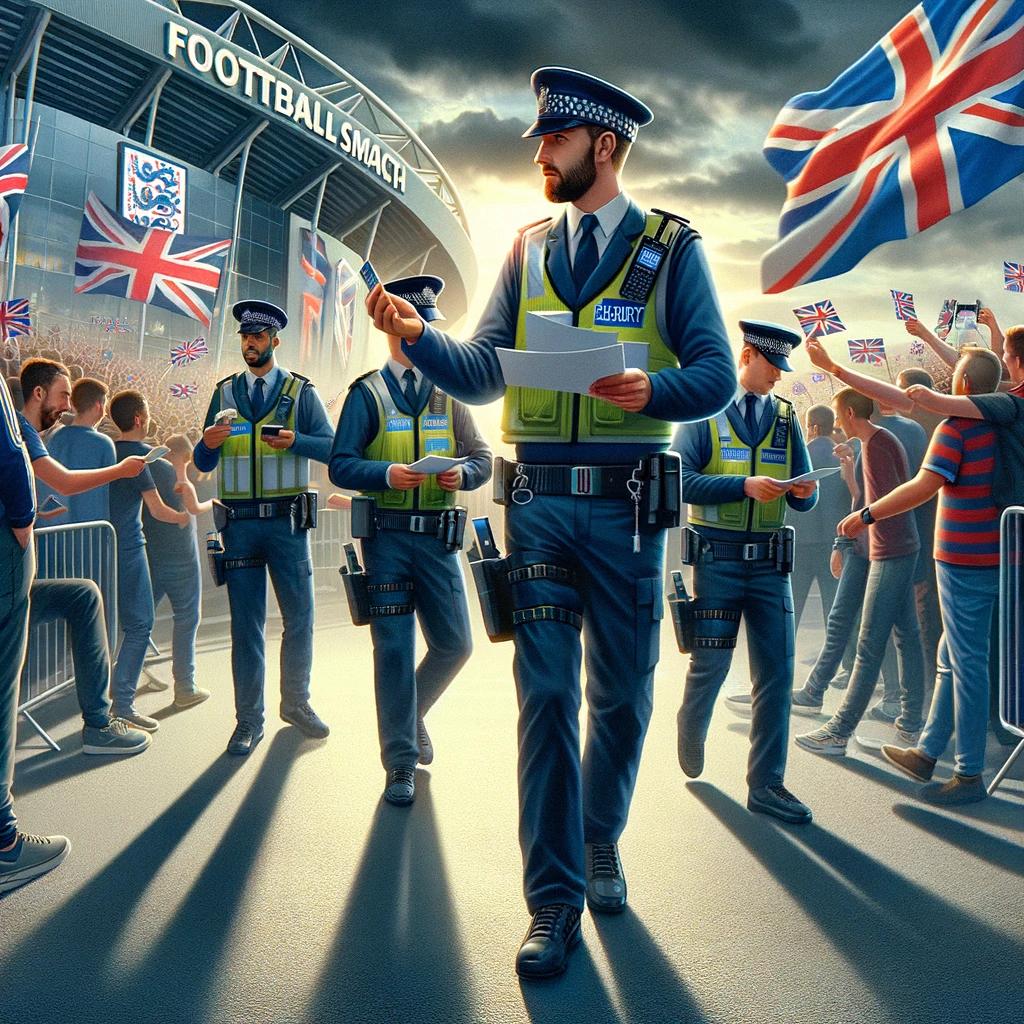
What is the highest level of security clearance?
employment screening
Ultimately, BPSS clearance plays a critical role in maintaining a secure work environment, reducing risks, and building trust in recruitment processes and decision-making.
Maintain your BPSS clearance by understanding the validity period and renewal requirements. Your BPSS clearance is typically valid for 3 years from the date of issue. To continue accessing government assets, renewal of your BPSS clearance is necessary after this 3-year period. Some organizations may stipulate more frequent renewals based on their internal policies.
Ensuring your legal right to work in the UK is documented is an essential step in the BPSS clearance process. To successfully verify your national and immigration status, you must provide specific documentation. Here's what you need to know:Valid documents such as a passport or a Home Office document are required to prove your national and immigration status. Valid documents such as a passport or a Home Office document are required to prove your national and immigration status.Proper documentation plays an important role in confirming your eligibility and suitability to handle sensitive government information during the BPSS verification process.



